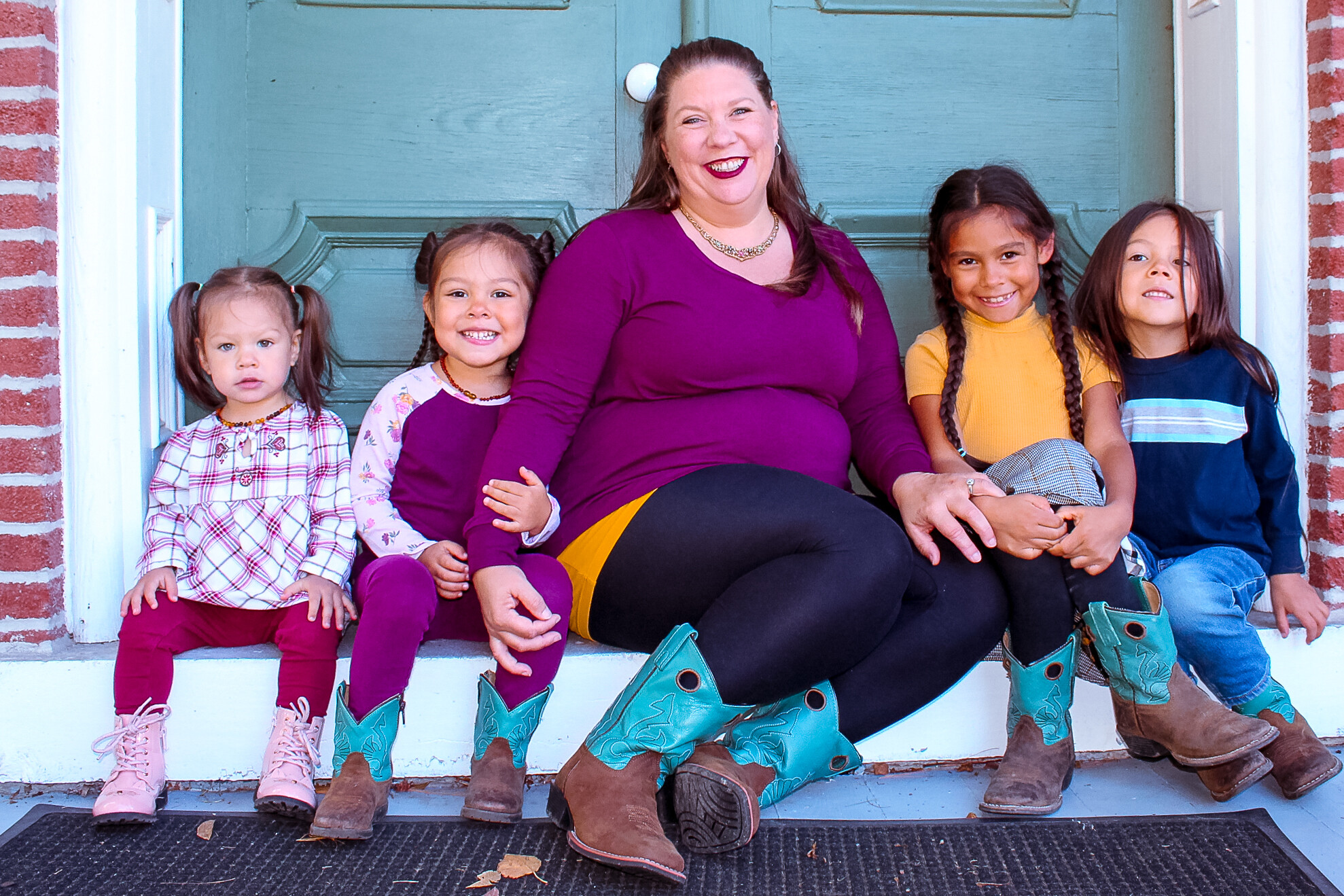
The sun is our friend - we need it. Twenty minutes per day with no sun protection is how we get our vitamin D and happiness. You want to protect your skin from burning with non-toxic sunscreens. So what should you use? Mineral Sunscreens are the way to go!
Chemical Sunscreens absorb into the skin, Mineral Sunscreens with non-nano ingredients, such as Zinc Oxide, are barrier sunscreens. Basically, they sit on the skin. Here are a few ingredients you want to avoid: oxybenzone, avobenzone, octisalate, octocrylene, homosalate and octinoxate.

SPF---Sun Protection Factor
Let’s first talk through what SPF even is. SPF stands for sun protection factor. It is a measure of how well an agent blocks UVB rays (the kind that causes skin cancer). When not wearing sunscreen, your skin will naturally change color and incur a certain amount of damage in one hour. If you are wearing an SPF of 2 you will incur that same amount of damage in 2 hours that you would have incurred in one hour without any SPF. An SPF of 10 will get you 10 hours, SPF 30 will get you 30 hours, etc.
Here’s the thing, SPF is not linear (i.e. you don’t get 10 times more protection going from SPF 1 to 10 or 10 to 100). When you apply SPF 10, you are blocking approximately 90% of UVB rays. SPF 15, approximately 93%; SPF 30, approximately 97%; and SPF 50, 98%. So applying an SPF of 30 only gives you 7% more protection than SPF 10.
Also worth considering: if you do not plan on spending more than 10 hours in the sun, you may not need the 30 hours of protection that an SPF 30 may offer. In fact, when is the last time you saw 30 hours of daylight?
The bottom line, lower SPFs, applied more often, may offer similar sun protection as higher SPFs. I don't think I can beg you any stronger to look at the ingredients on your sunscreens! Just because they are mineral-based does not mean you should use them!!
There are many sunscreens that are non-toxic, but my favorite by far is the Mineral Sunscreen by YL. It comes in SPF 10 or 50. The ingredients are clean and it works!

Bug Spray
Don’t let bug bites ruin your family’s outdoor fun this summer! But, just say NO to DEET! Here are some lovely side effects of DEET in children reported by the CDC:
Children with DEET toxicity reported lethargy, headaches, tremors, involuntary movements, seizures, and convulsions, though the amount that led to this toxicity was unreported.
Young Living's insect repellent is our favorite way to keep mosquitos, ticks, and fleas away. It’s proven to repel them with 99 percent active ingredients, plus 1 percent vitamin E to moisturize and condition the skin. And the best part, it rubs easily into the skin without feeling greasy or sticky and you don’t feel like you need a shower after heading outdoors. It may seem pricey at first but one bottle has lasted our family for a couple of years.

In case you forget to use your insect repellent before heading outdoors, this roller comes in handy to bring relief and support healthy skin.
KID DILUTION (AGES 3-8)
8 drops Lavender essential oil
8 drops Purification® essential oil
5 drops Tea Tree (Melaleuca
Alternifolia) essential oil
Organic fractionated coconut oil or carrier oil of your choice
ADULT DILUTION
15 drops Lavender essential oil
15 drops Purification® essential oil
8 drops Tea Tree (Melaleuca
Alternifolia) essential oil
Organic fractionated coconut oil or carrier oil of your choice
Drop essential oils into a 10ml roller bottle. Fill the remainder of the bottle with fractionated coconut oil.
Not a DIY kind of person? Don't worry, I've got you covered with our YL Insect Repellent or Insect Repellent Wipes!!










